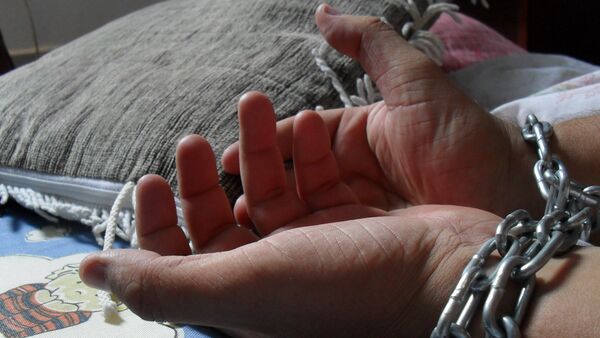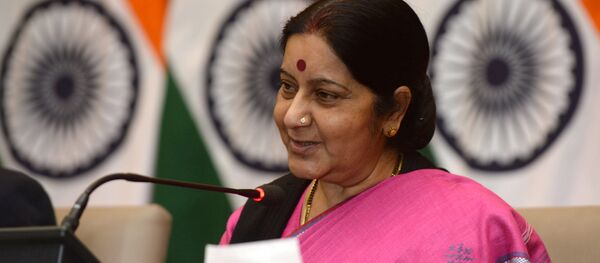The draft Trafficking of Persons (Prevention, Protection and Rehabilitation) Bill, 2016 aims to unify existing anti-trafficking laws, prioritize survivors' needs and prevent victims from being arrested and jailed the same as traffickers.
"At present both trafficked and the trafficker are sent to jail. But this bill shows far more compassion and makes a very clear distinction between them, which is a nuance that should have been made 60 years ago," Gandhi said.
The draft provides special courts to handle trafficking cases, more shelters and a rehabilitation fund to help victims start their new lives. It also accommodates anti-trafficking committees at district, state and national levels to supervise prevention, protection and victim rehabilitation.
South Asia is the fastest-growing and second-largest region for human trafficking in the world, according to the UN Office for Drugs and Crime. A US State Department report in 2013 estimated up to 65 million people have been trafficked into forced labor, both into and within India. Trafficking victims, mostly women children, are typically forced into prostitution, slave labor or begging. More than 14 million adults and children are trapped in modern slavery in India, which is the most of any country, according to the Walk Free Foundation's 2014 Global Slavery Index.




